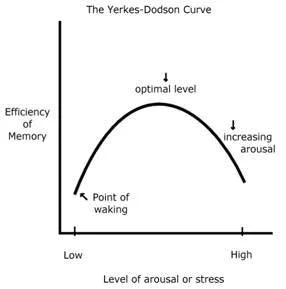eyewitness testimony
1/11
There's no tags or description
Looks like no tags are added yet.
Name | Mastery | Learn | Test | Matching | Spaced | Call with Kai |
|---|
No analytics yet
Send a link to your students to track their progress
12 Terms
what did Loftus + Palmer research
investigated how misleading information could distort eyewitness testimony accounts
what was the procedure in Loftus + Palmer’s research
45 american students as participants
a lab experiment
participants were shown slides of a car accident and then asked to describe what had happened.
they were asked specific questions such as
“how fast were the cars going when they (hit/smashed/collided/bumped/contacted) each other?’
what were the findings of Loftus + Palmers research
the estimated speed given by participants was affected by the wording of the question
participants asked with ‘smash’ predicted higher speeds than ‘contacted’
evaluate Loftus + Palmer’s study
lacks mundane realism
lacks ecological validity
students are not representative
demand characteristics
followed a standardised procedure so easy to replicate
what factors affect the accuracy of eyewitness testimony
misleading information
leading questions
post-event discussion
anxiety
Loftus + Palmer and post-event discussion
found 17% participants recalled seeing a barn a week after watching a video of a car ride, when asked ‘how fast was the car going when it passed the white barn’ when there was no barn
shows post-even discussion added to the memory after the event had occurred
anxiety + accuracy of recall
Yerkes-Dodson effect
when anxiety levels are low and high, EWT is less accurate then when it is at medium level

what did Loftus et al find about weapons, anxiety and recall
found that if a person carries a weapon, the witness focuses on the weapon more than anything else
they then have poor accurate recall on other factors such as details of the person holding the weapon…
how can you improve the accuracy of EWT
the cognitive interview
what are the 4 parts to the cognitive interview
change of narrative order
change of perspective
mental reinstatement of context
recalling all information, even which seem irrelevant
what are the main 3 additional features of the cognitive interview
encourages the witness to relax and speak slowly, reducing anxiety
offer comments to help clarify witness statements, open questions
adapt questions to suit the understanding of the individual witness
evaluate the cognitive interview
more time consuming than standard police interview
some elements of the interview are more valuable than others
sometimes incorrect things are recalled
police have to be trained, expensive and time consuming